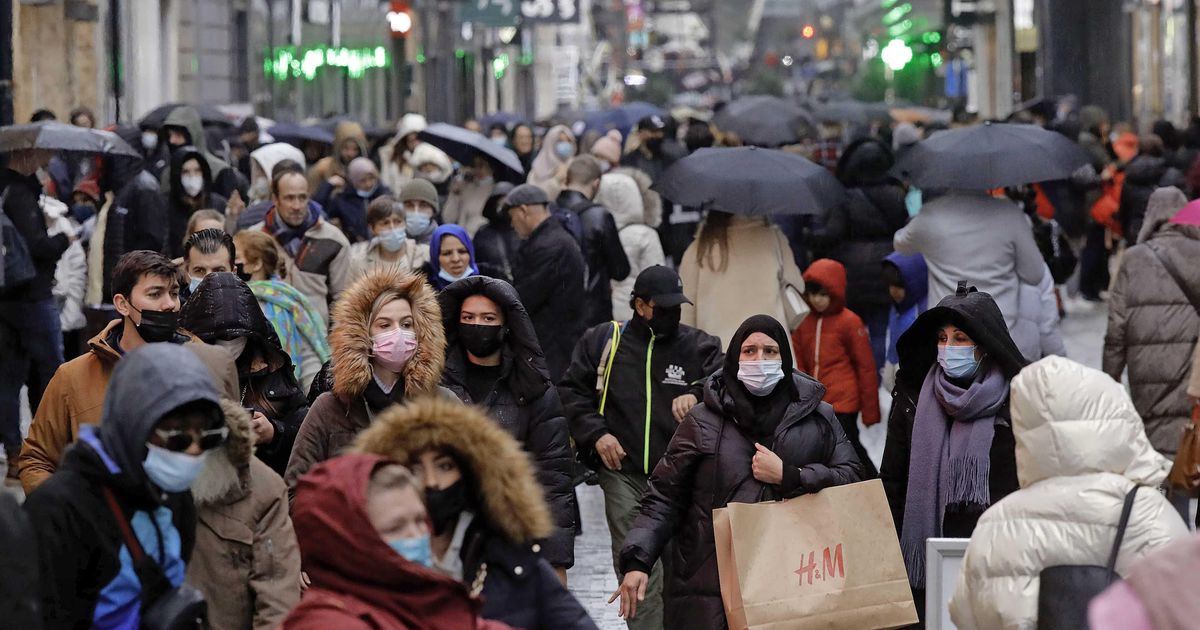“We are facing a number of difficult weeks,” Belgian Prime Minister Alexandre de Croo said at a press conference on Corona today, Thursday. We are likely to break infection records in the coming days and weeks. A very large group of people will eventually become infected. It is clear: the situation will get worse before it gets better.”
Despite this worrying message, governments in Belgium are not getting involved. The current Corona measures will remain in place and schools will open their doors on Monday. Advice from GEMS, the equivalent of OMT, to allow everyone to work from home completely has not been implemented. One return day per week is still possible. De Croo: “We choose the path of caution and stability.”
Good news for trapped Dutch refugees
This means good news for the trapped refugees from the Netherlands: Shops and restaurants will remain open. Due to a legal error made by governments, cinemas and theaters were recently allowed to receive visitors again.
Although dealing with the virus is easier than dealing with us, Belgium is on the alert. “The fifth wave has begun,” virologist Stephen van Gucht said during a presentation at the press conference. “We are only at the beginning, but it will be severe. There will likely be a peak of 400 to 1,000 hospitalizations per day at the end of January.” Due to the milder properties of omicron, no major problems with the IC are to be expected.
Vulnerable Belgians are called by the expert to wear an FFP2 mask and after high-risk contact, people are told to avoid cafes, restaurants and parties for ten days. To prevent the entire community from being disrupted by omicron, the authorities decided earlier this week to relax quarantine rules.
Boosterprik
Virologist Van Gucht takes hope from the vaccine’s booster effect: “We see it helps fight disease, but it also helps fight infection.” In Belgium, more than 4.5 million people received the extra dose. However, there are concerns about the duration of protection, because after ten weeks it can become less. Older people in care homes are particularly closely monitored, and Belgium began strengthening this group in September.







